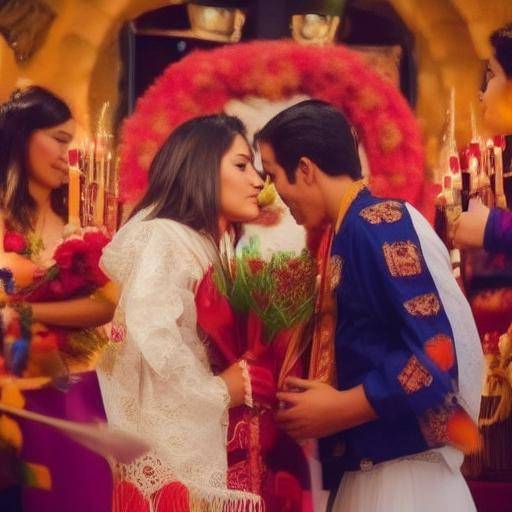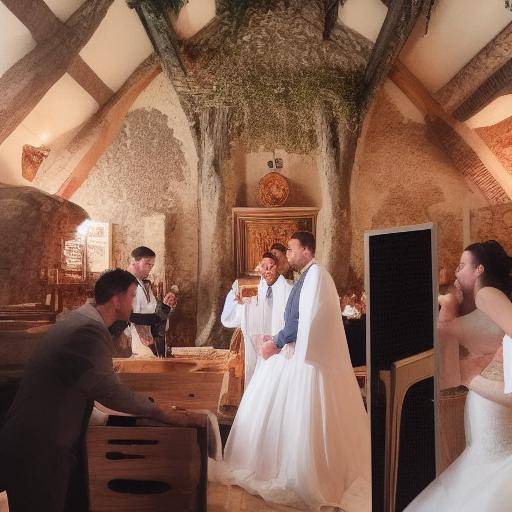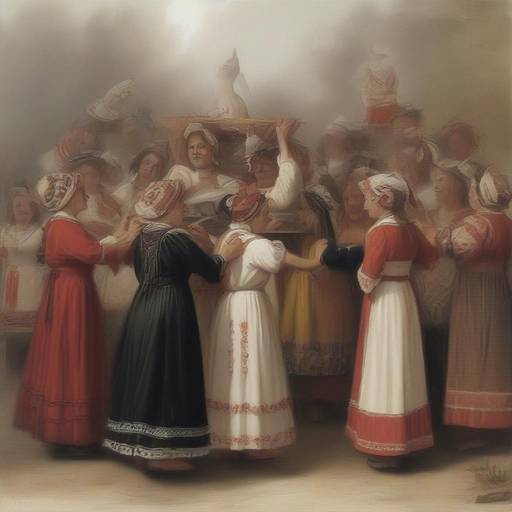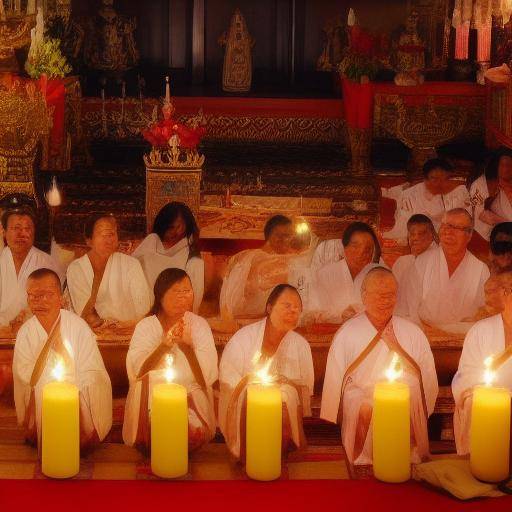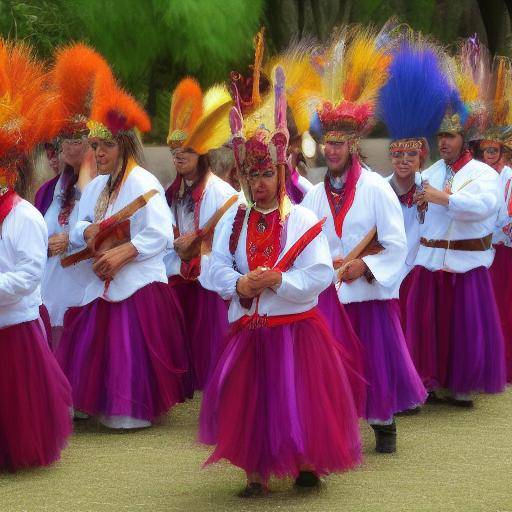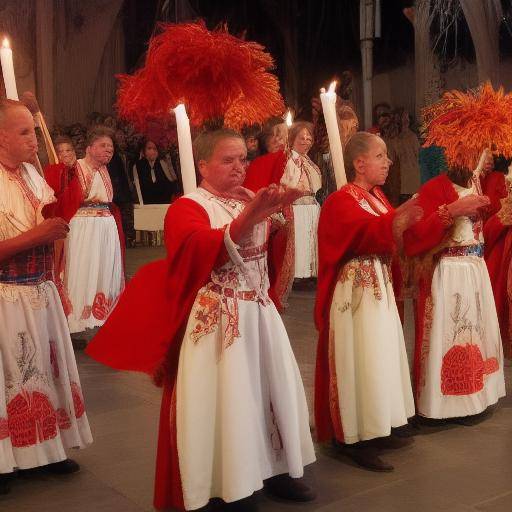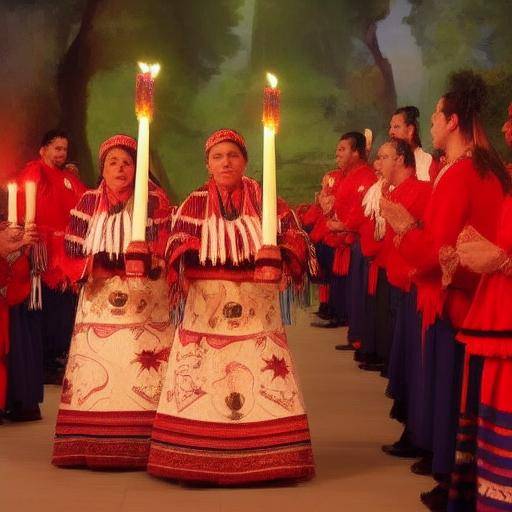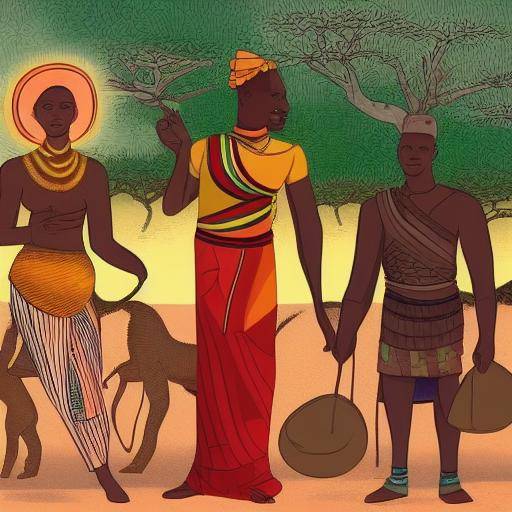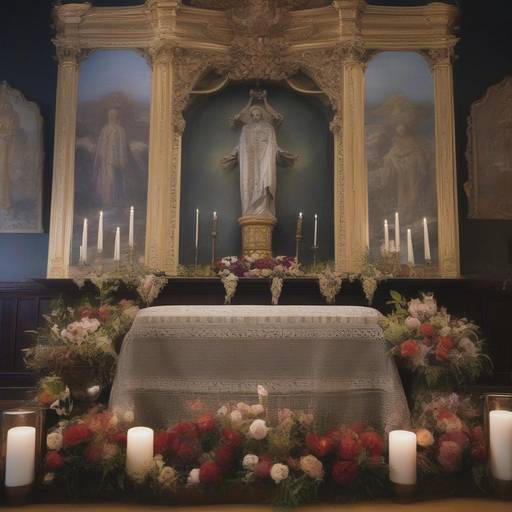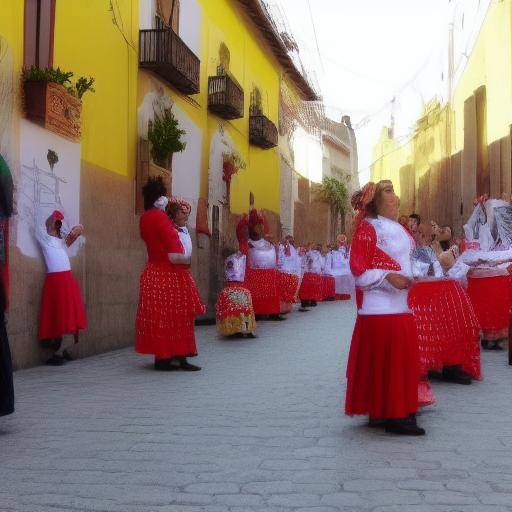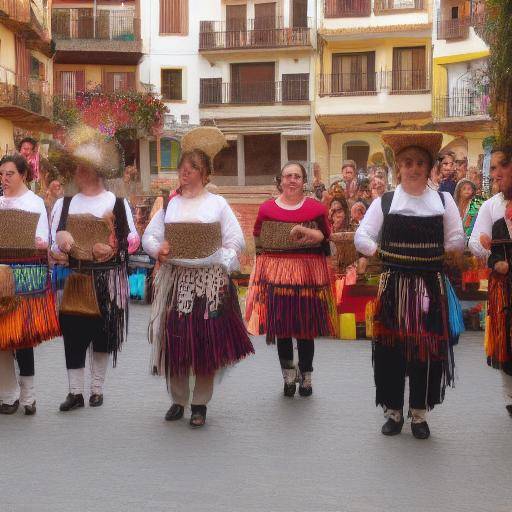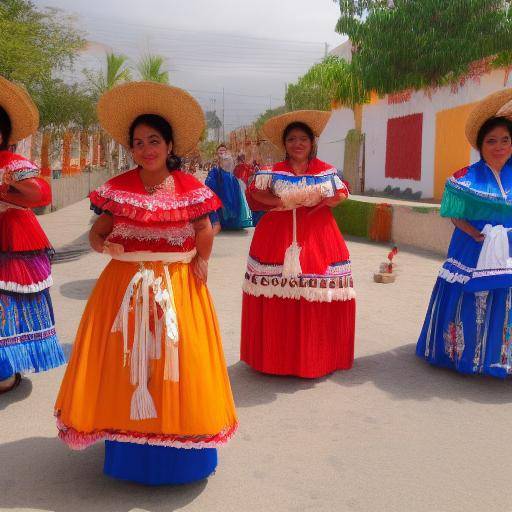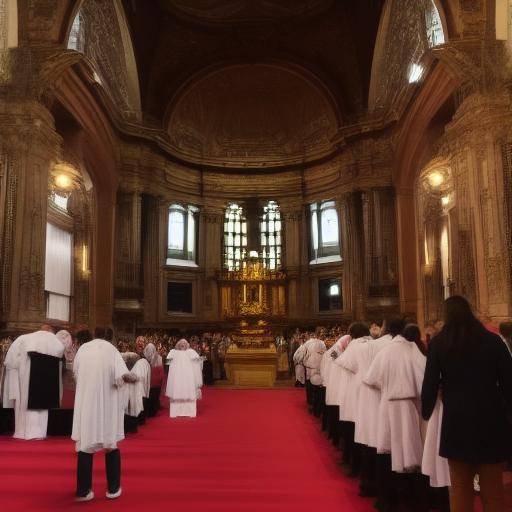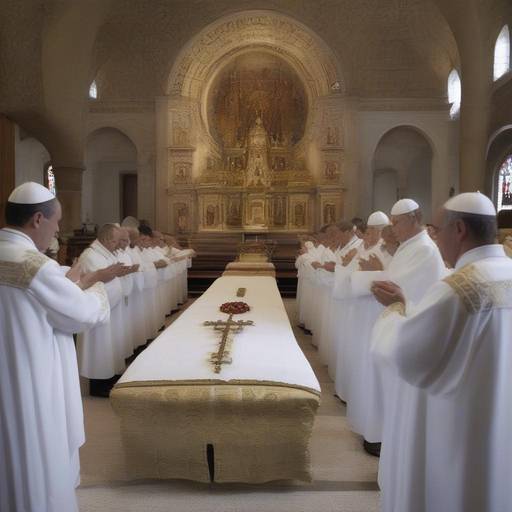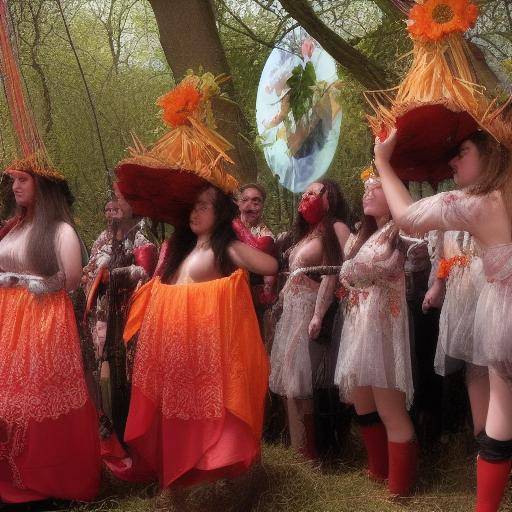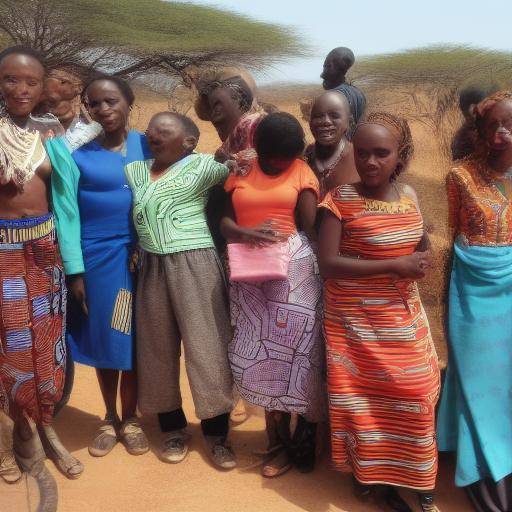
The African continent is a crucible of rich and diverse cultures, each with its own unique traditions. The rites of passage, also known as initiation ceremonies, play a central role in many of these cultures, serving to mark the transition of an individual from one state to another, as well as to strengthen social fabric and cultural identity. In this article, we will explore in depth the rites of passage in African culture, its meanings, traditions and its relevance in contemporary society.
Introduction
The rites of passage in African culture represent crucial moments in an individual's life, marking the transition from childhood to adulthood, marriage, leadership and old age. These ceremonies usually take place with great pomp and symbolic meaning, involving the entire community. Throughout this article, we will break down the history and background of these rituals, analyze their impacts and benefits, and explore future trends around them.
History and Background
The rites of passage in African culture have profound historical roots dating back centuries. These rituals not only mark the transition of an individual, but also reflect the worldview and beliefs of African communities. Since the arrival of the first European explorers to the present, these rites have undergone significant changes, but their cultural importance has endured over time.
In exploring the history and background of the rites of passage in African culture, it is crucial to understand how these rituals have evolved in response to social, political and cultural changes. From tribal practices to the influence of colonialism and modernization, each stage has left a unique mark on the realization of these rituals.
Analysis in Deep
Over the centuries, the rites of passage in African culture have played a key role in preserving traditions, social cohesion and the intergenerational transmission of knowledge. However, they have also faced challenges due to globalization, urbanization and other external factors.
In analyzing these rituals in depth, it is important to consider both their benefits and their challenges. The rites of passage can promote a strong sense of cultural identity, autonomy and emotional maturity in individuals participating in them. On the other hand, they may also perpetuate discriminatory or exclusionary practices. This comprehensive analysis will allow us to understand its contemporary role and relevance in the current context.
Comprehensive review
The rites of passage in African culture not only encapsulate ancestral traditions, but have also evolved to adapt to the complexities of modern life. When examining its application in today's society, we can identify best practices, challenges and possible areas of improvement. Through this exploration, we seek to understand the continued importance of these rituals and their role in the configuration of individual and collective identity.
Comparative analysis
By comparing the rites of passage in African culture with other cultural systems worldwide, we can identify similarities, differences and possible synergies. This analysis will allow us to appreciate the uniqueness of African rituals, as well as their relevance in the global context. In highlighting these comparisons, we seek to highlight cultural diversity and promote a wider understanding of traditional practices.
Practical Tips and Accessible Advice
If you want to explore or participate in rites of passage in African culture, it is essential to understand the procedure, the cultural meaning and the roles within these ceremonies. Here are some practical tips and guidance for those interested in engaging in these meaningful rituals.
- Research Previ



